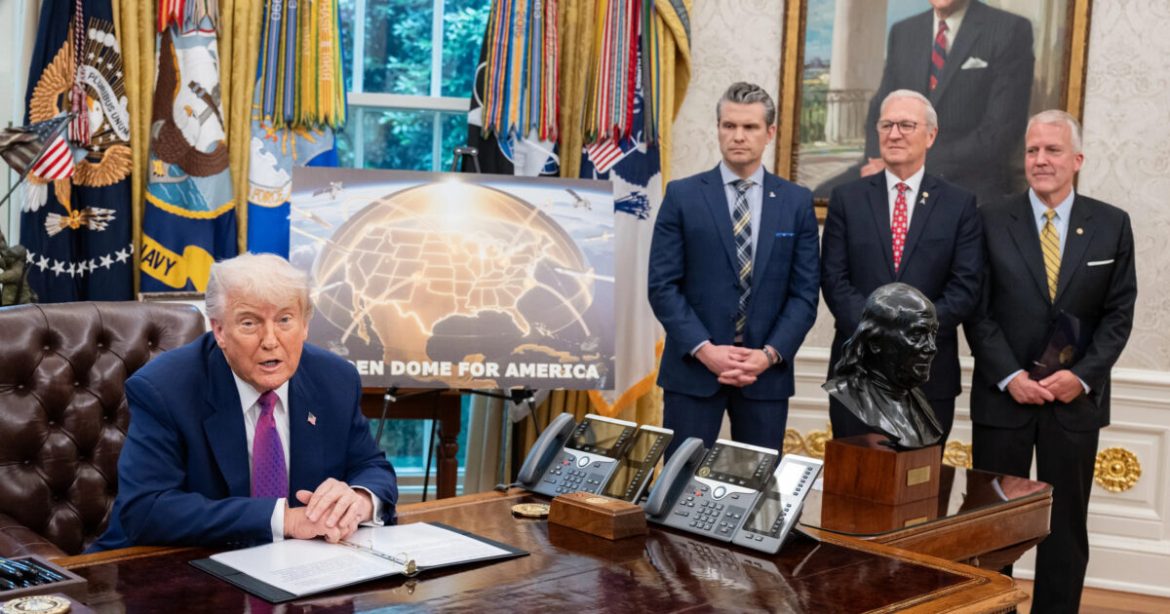

In recent years, the Nobel Peace Prize has too often gone to leaders whose actions brought instability rather than peace, eroding much of the award’s credibility.
President Barack Obama received the Nobel Peace Prize in 2009, only weeks into his presidency, mainly for his rhetoric and promises to strengthen diplomacy. Yet his time in office saw U.S. military involvement expand, not contract.
The Obama administration intervened in Libya, leaving the country in chaos after the fall of Muammar Gaddafi. In Syria, his policies failed to prevent a civil war that has killed more than 500,000 people and displaced millions.
Obama also escalated the use of drone strikes across the Middle East, which killed thousands, including civilians.
Perhaps most significantly, he failed to support the Iranian Green Movement in 2009—a massive pro-democracy uprising against the Islamic Republic. Instead of backing the demonstrators, Obama prioritized a nuclear deal with the regime, sacrificing the most promising opportunity in decades to replace it with a democratic government.
President Jimmy Carter’s 2002 Nobel Prize was awarded for “decades of work” in human rights and peace. Yet Carter’s presidency directly contributed to one of the most destabilizing events in the modern Middle East.
By pressuring Iran’s Shah Mohammad Reza Pahlavi to rapidly liberalize—releasing political prisoners, loosening state security, and expanding press freedoms—his administration weakened a government already under pressure.
These rushed reforms created the opening that radical Islamists, led by Ayatollah Khomeini, needed to seize power.
The result was the establishment of the Islamic Republic, a regime that has sponsored terrorism worldwide, killed American soldiers through proxy forces, and executed dissidents at home and abroad. Carter himself admitted in his memoir that he failed to recognize the Shah’s vulnerability.
This misjudgment led directly to the 444-day Iran hostage crisis, which humiliated the United States on the world stage and emboldened America’s enemies.
Perhaps the most shameful Nobel Peace Prize recipient was Yasser Arafat in 1994. While he signed the Oslo Accords with Israeli leaders, his record was one of terror, not peace.
Arafat was the mastermind behind the 1972 Munich Olympics massacre, in which 11 Israeli athletes were murdered, and oversaw more than 40 airplane hijackings between 1968 and 1977.
Even after Oslo, Arafat funneled international aid to terrorist groups, empowered Hamas, and incited the Second Intifada—a wave of violence that killed more than 1,000 Israeli civilians.
Awarding the Peace Prize to a man with such a legacy revealed the Nobel Committee’s deeply flawed moral compass.
Donald Trump’s record stands in complete contrast. He has brokered historic agreements such as the Abraham Accords, opened diplomatic channels with North Korea, and mediated peace between nations that had been enemies for decades, including Armenia and Azerbaijan just this week.
He prevented a potential war between India and Pakistan—two nuclear powers—and brought multiple African and Southeast Asian nations into ceasefires and cooperation agreements.
His administration’s efforts have reduced tensions across continents without launching new military invasions or dragging the United States into prolonged wars.
These are concrete results, not symbolic gestures. Where past recipients have been rewarded for speeches, temporary truces, or public relations victories, Trump has delivered binding agreements that improved security, trade, and stability.
He has shown that peace does not require appeasing tyrants or empowering extremist groups.
If the Nobel Peace Prize truly reflected global leadership in the pursuit of peace, Donald Trump would have been awarded it long ago. The fact that he has not is less a reflection of his record than of the committee’s political bias.
The prize has been given to leaders who left nations in ruin, enabled terrorism, and passed up genuine chances for freedom—while ignoring a president who has delivered peace where others have failed.
History will judge Trump’s achievements by their impact, not by whether an ideologically driven committee chooses to recognize them.
Long after the Nobel Peace Prize has been tarnished by its own poor decisions, Trump’s record will stand as proof that peace can be secured through strength, determination, and decisive leadership.
The post Nobel Peace Prize’s History of Crowning Chaos Over Stability appeared first on The Gateway Pundit.

